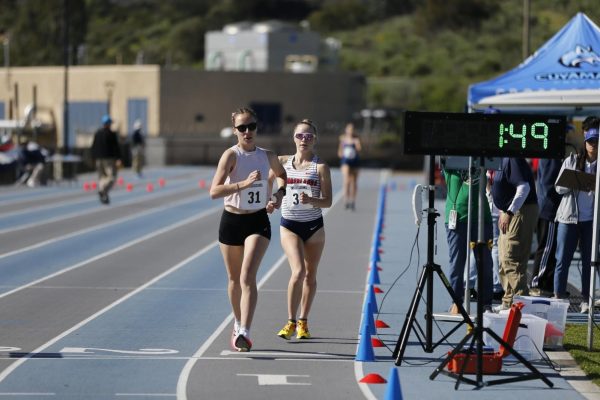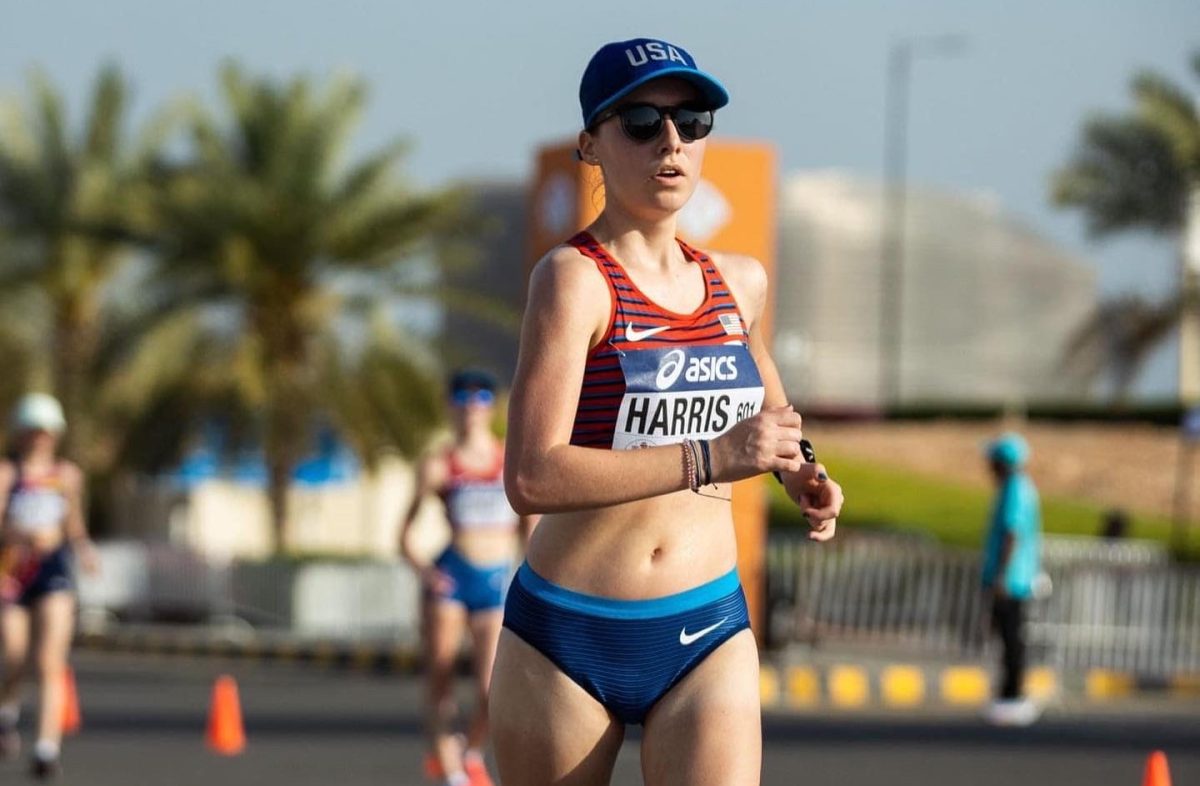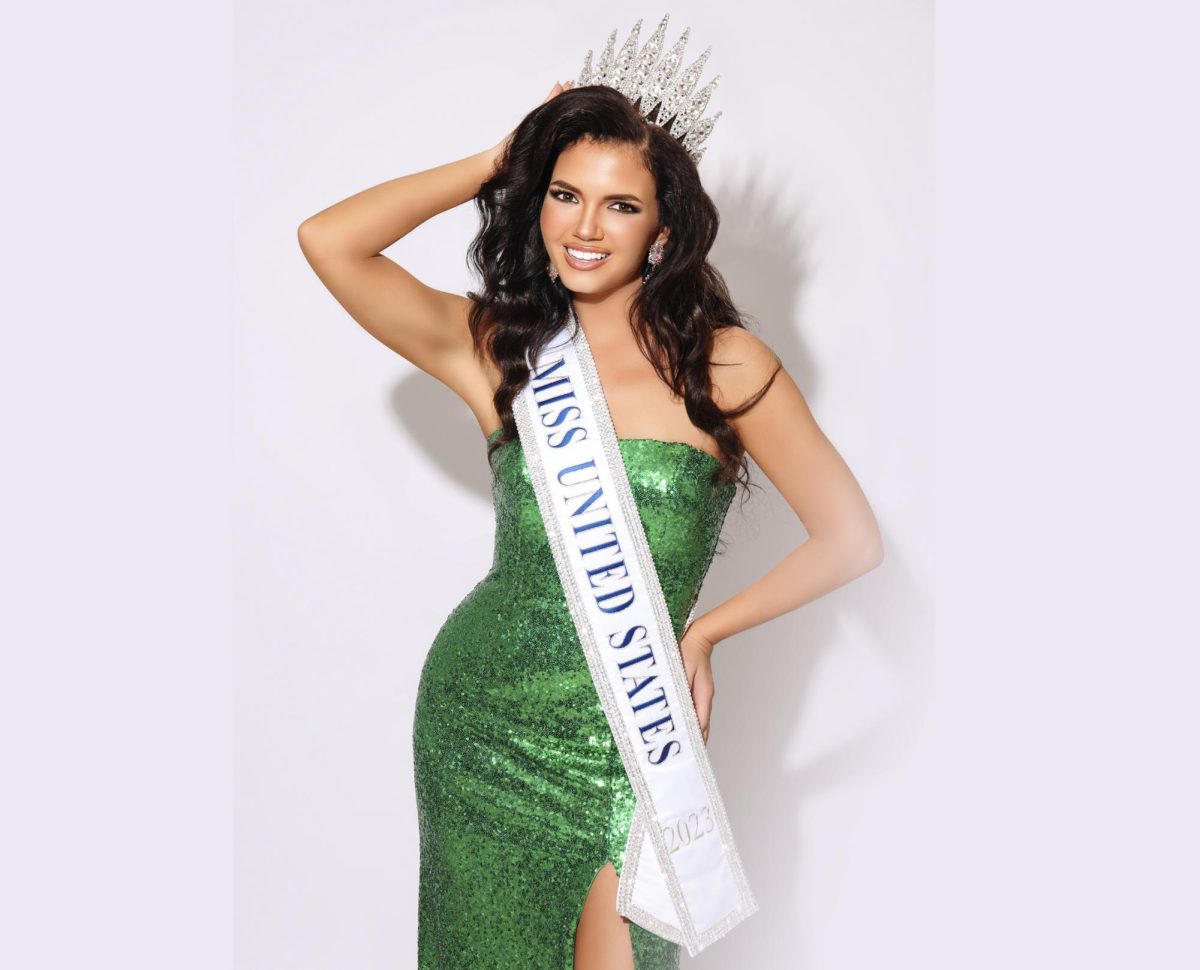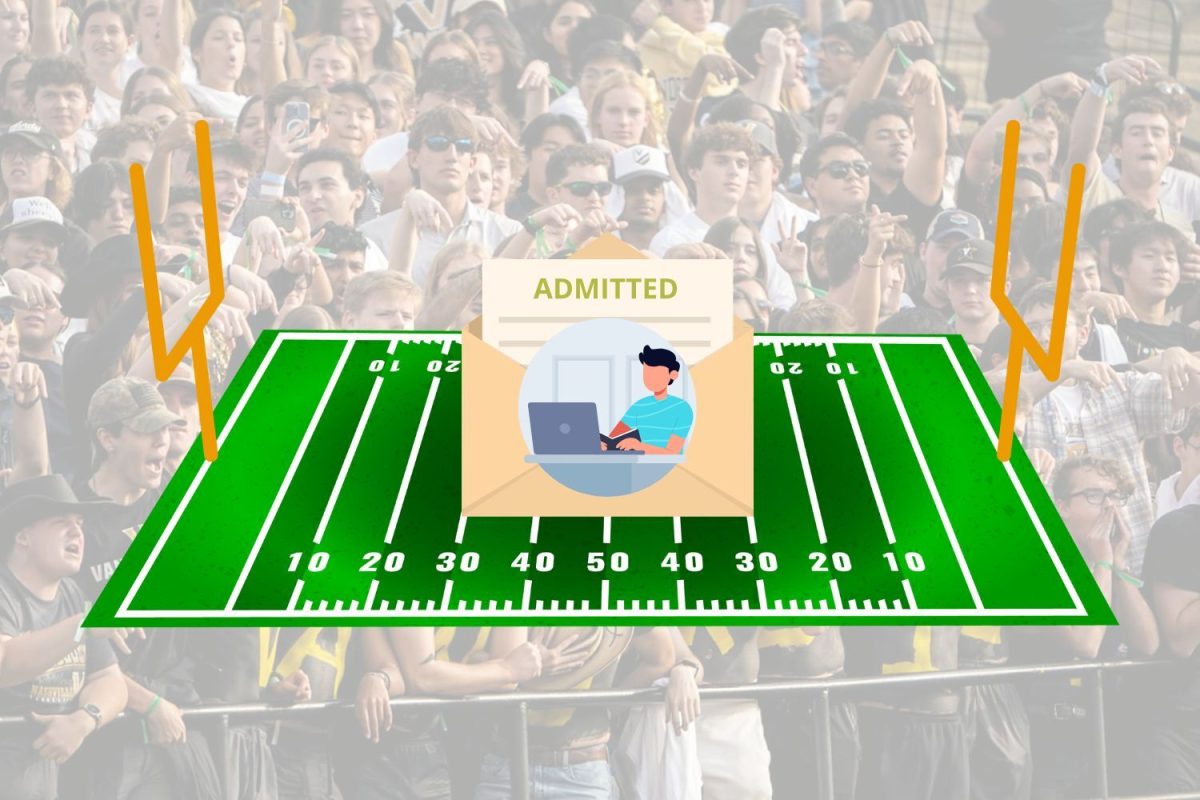From starting the sport as a tween to preparing for the 2024 World Athletics Race Walking Team Championships, first-year Angelica Harris is taking the world of race walking by storm — and introducing the sport to her peers here at Vanderbilt.
Harris started race walking at age 12, though she was hesitant when it was first suggested to her because of the obscurity and potential embarrassment of such a niche sport.
“My cross country coach told me I should try it,” Harris said. “I had to look it up. Once I found out what it was, I thought it looked funny, but then my mom told me to try it. I was decently good at it, so I decided to stick with it.”
Decently good is an understatement; Harris won her first Junior Nationals that same year as a 12-year-old. She immediately began setting her sights on much larger goals, such as qualifying for the 2022 World Race Walking Team Championships, the U20 World Championships that same year, the 2023 National Competition and Penn Relays — all of which she has accomplished in the past few years.
Now, Harris is taking the international stage once again this month at the 2024 World Athletics Race Walking Team Championships in Antalya, Turkey on April 21.
“This race is definitely the one I’m most excited about because I feel the most prepared for it,” Harris said. “Now that I have two world championships under my belt, I feel like I can place well at this upcoming one.”

Race walking, which Harris said a lot of people consider the cousin of running, has very specific rules. Competitors must have one foot on the ground at all times, and they cannot bend their knee until it passes underneath them. The characteristic hip swivel that viewers see is a technique for efficiency.
During competitions, judges line the track and watch to make sure that competitors have proper form and are not running. They have paddles that they show to competitors who are breaking the rules; red paddles lead to penalties and even disqualification.
Other than the intense physical training and mental challenge that most sports posit, race walking also contains another specific challenge: its obscurity.
“You train so hard for a sport — you’re waking up early, you’re going to the gym, you’re eating right, putting in all the work — but then you’re not getting the same recognition that other people get, which is tough,” Harris said. “It’s not in the NCAA, and it never has been. It’s in the NAIA, so it’s in smaller schools, but that makes it more difficult because there’s not a lot of development.”
She also noted the recognition as a serious sport that race walking often lacks.
“When people hear about race walking, or they see a video of it, they are immediately like, ‘how is this a sport?’ But it’s been in the Olympics since 1904,” Harris said. “My goal is to have more people understand race walking and be more open-minded about it. It is a sport that I train seven days a week for, and a lot of people don’t give it the recognition it deserves.”
Harris’ upcoming international race walking competition isn’t the only thing on her mind; just like the rest of us, she’s also in the middle of preparing for finals.
“[The competition] is the week before finals, so I’ll be studying while I’m there,” Harris said. “I get back from Turkey the day before my calculus final, so I’m trying to figure out if I can take that at a later date.”
Even with such a big competition coming up, Harris is looking ahead to her future in race walking and what she hopes to accomplish.
“The biggest goal I have is the Olympics, which is what everyone thinks of. That would be for 2028,” Harris said. “Before then, I’d want to break the American record for the 10k this year. This is my last year doing the 10k before moving up to the 20k, which another goal of mine is to do well in since it’s so much longer.”
With her previous accomplishments and plans for her future, Angelica Harris is bringing race walking into the campus conversation and taking her skill to the international stage.








